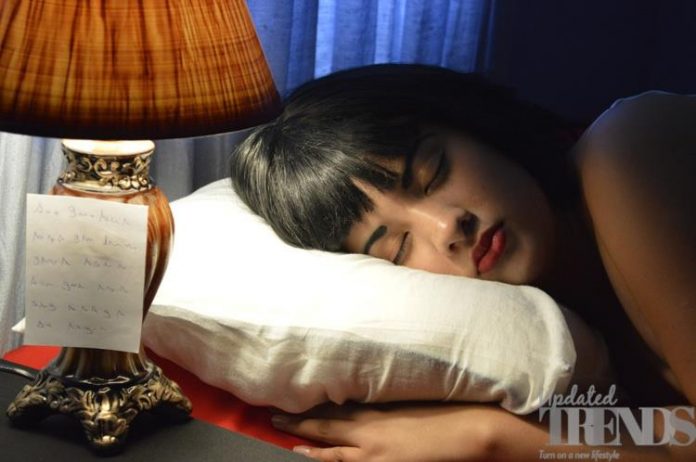A new study has claimed that women who sleep with a TV or with other artificial light in the room can have a higher risk of weight gain. An analysis was published on June 10, 2019 by the National Institute of Health and had used a questionnaire from 43,772 women between the age groups of 35 and 74. The questionnaire had asked the women about their sleep habits and if they slept in total darkness or in the presence of an artificial light or nightlight.
At the beginning of the study, the women’s weight and the body mass index measurements were collected and were compared with the figures from a follow-up visit five years later. It was found that women were 17 percent more likely to have gained 11 pounds or more over a five year tenure if they slept with a television or other light on in the room than those who slept in dark rooms or with a small light. Sleeping with a light on outside the room had resulted in a small weight gain, the study said.
Chandra Jackson, the co-author of the study said, “Humans are genetically adapted to a natural environment consisting of sunlight during the day and darkness at night. Exposure to artificial light at night may alter hormones and other biological processes in ways that raise the risk of health conditions like obesity.” The researchers also said that while not getting enough sleep is associated with weight gain and obesity, it did not explain the link between sleeping with artificial light and weight.
The research did not include men and the researchers admitted that there are also other factors that can explain the weight gain like race, age, socio economic status, physical activity and calories consumed. It was also said that they hoped the study will give women who sleep with artificial light at night a way to improve their health.
Photo Credits: Pixabay











